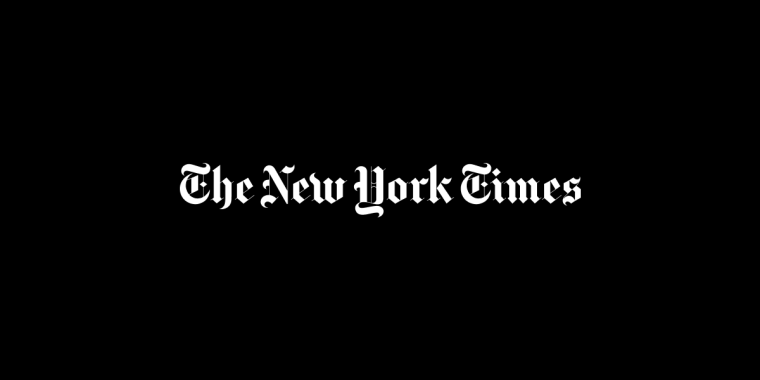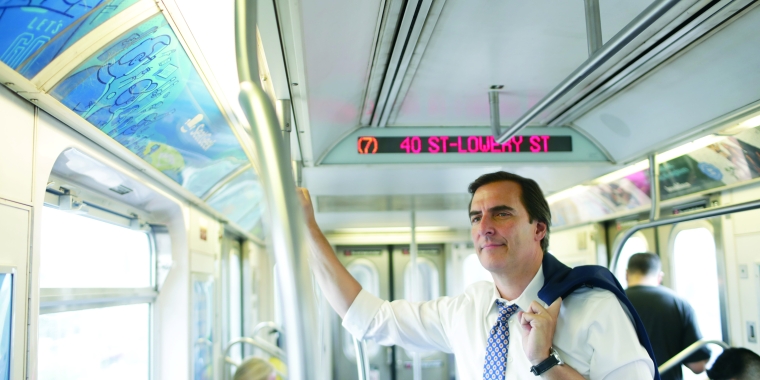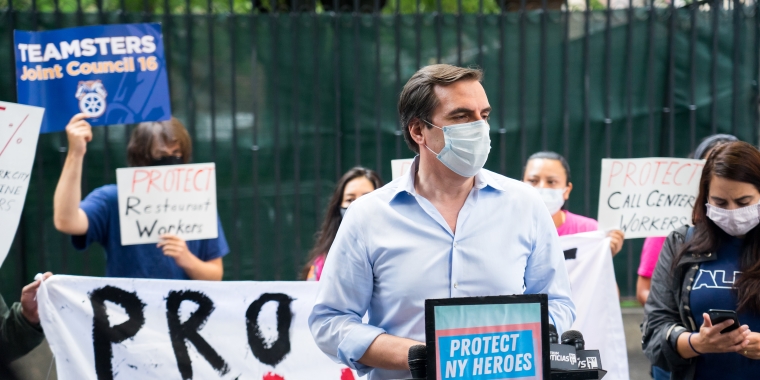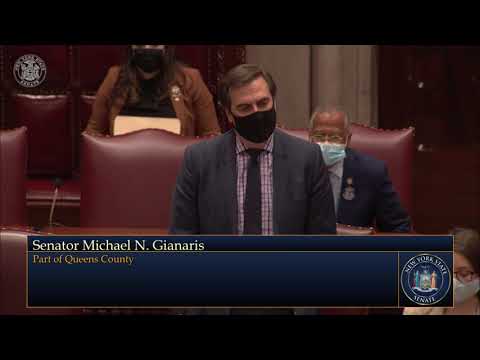
New York Times Editorial: New Yorkers, Voting Could Get Much Easier for You

New York’s Legislature is meeting virtually, for the most part, this week, tackling unfinished business amid the coronavirus pandemic that has wreaked havoc on the state’s health and its finances.
Given what New York and other hard-hit states are up against, the Legislature has its work cut out for it. At least one form of relief state lawmakers can deliver in this brief and unusual summer session is swiftly passing a package of reforms to make it easier for New Yorkers to vote — a no-brainer ahead of an important presidential election.
Voting in New York is still harder than it should be. Across the state, election boards are too often packed with partisan patronage appointees rather than independent professionals. Voters often have faced lengthy lines or broken machines at poll sites. In 2014 and 2015, New York City improperly purged roughly 200,000 voters from the rolls.
Practices that are straightforward in other states, like voting by absentee ballot, can be an ordeal in New York. In the state’s congressional primary elections last month, for example, thousands of absentee ballots failed to arrive in time for people to vote. In other cases, absentee ballots may have been invalidated because of postmarking delays by the U.S. Postal Service. At least two candidates and a small group of voters have sued Gov. Andrew Cuomo and the State Board of Elections over these irregularities.
Fixing the state’s antiquated voting system now is a priority. The Legislature can do some of that work this week, by passing three smart bills.
The first, sponsored by Senator Michael Gianaris and Assemblywoman Latrice Walker, would enact sweeping automatic voter registration, which has proved to be among the best ways to improve turnout elsewhere in the nation. Medicaid applicants, for example, would be automatically registered to vote as long as they are U.S. citizens or do not check a box declining the voter registration. The program would work the same way at the Department of Motor Vehicles, New York City’s public housing authority and several other widely used agencies.
Another bill would make it easier to vote by absentee ballot in this year’s election, as well as in next year’s mayoral elections.
The State Constitution allows voters to cast absentee ballots in only six situations, and it requires voters to designate one on their ballot application. They include absence from New York on Election Day, temporary or permanent illness or disability, care-taking duties for someone who is ill or physically disabled, detention in jail or prison and being in a Veterans Health Administration hospital. Efforts are underway to overturn this rule, but doing so will require a constitutional amendment, a yearslong process.
In the meantime, legislators can approve a bill before them this week that would expand the state’s definition of temporary illness to include concerns over contracting or spreading the coronavirus. The measure, sponsored by Senator Alessandra Biaggi and Assemblyman Jeffrey Dinowitz, would help New Yorkers safely vote amid the pandemic.
A third vital voting reform under consideration, sponsored by Senator Zellnor Myrie and Assemblyman Charles D. Lavine, would require election boards to notify voters of clerical errors that could otherwise invalidate their ballot and then give them seven days to respond. Right now, election boards are permitted to toss ballots over errors like failing to sign the envelope the ballot is mailed in or writing the wrong date on a ballot.
Albany has earned a reputation as a place of dysfunction and corruption, thanks to bad behavior by politicians of both parties. Perhaps with members legislating remotely, those lawmakers can think beyond the capital’s toxic atmosphere.
These voting bills are the kind of unglamorous reforms that could transform the state into a model of good government. Given the assault on voting rights elsewhere, this is a refreshing thing to behold.



